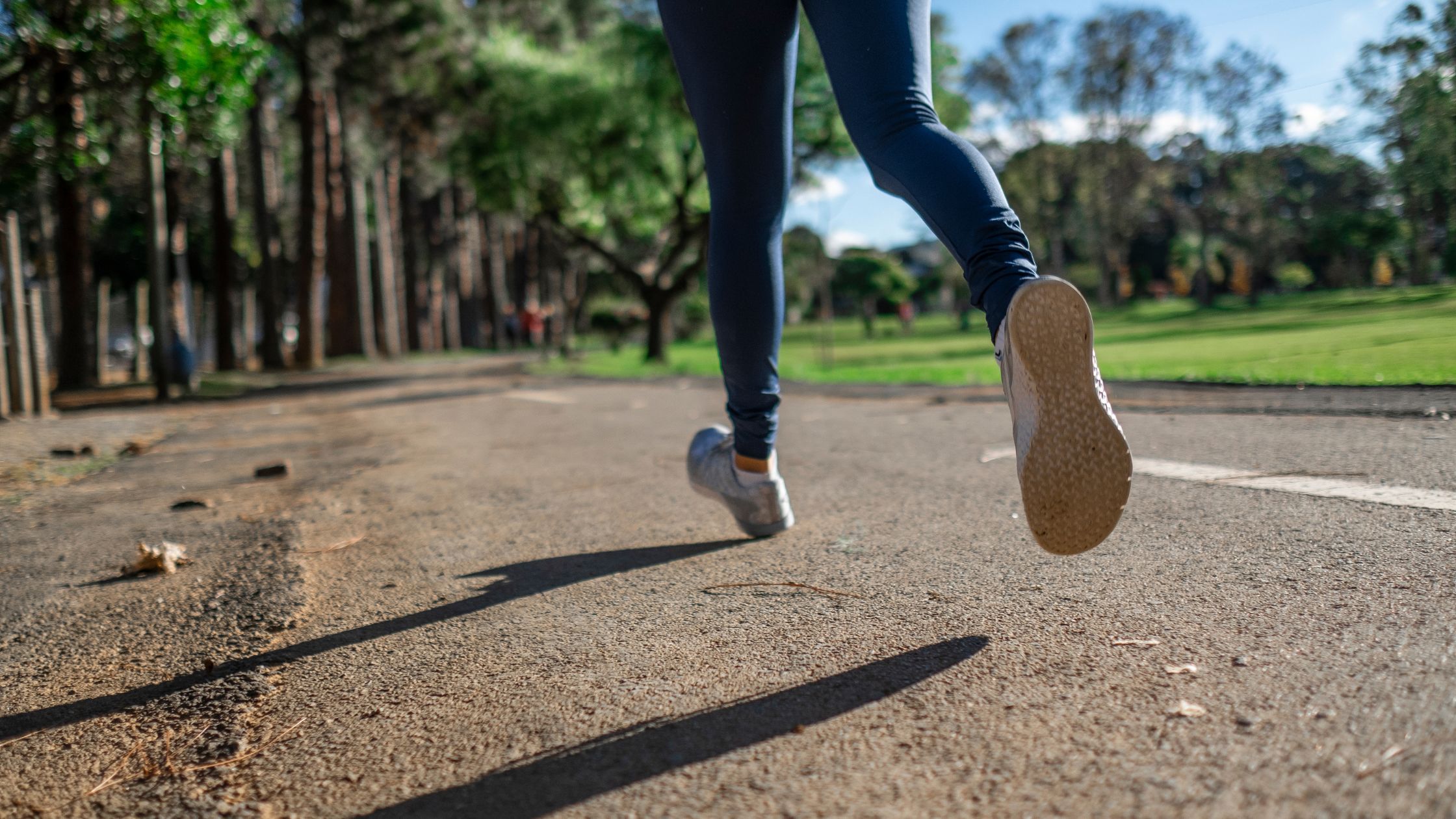As the world turns its eyes to the Olympic Games in Paris, we are reminded of the incredible feats that can be achieved through dedication, discipline, and a healthy lifestyle. As a doctor in Spain, I am particularly inspired by these athletes, not just for their physical prowess but for the lifestyle choices that enable them to reach such heights. Their examples provide a powerful reminder of the importance of maintaining a healthy lifestyle for all of us, whether we are athletes or not.
During the Olympic Games, the French National Academy of Medicine devoted significant attention to the health and well-being of athletes. Topics ranged from cardiac function and mental health to the life expectancy and quality of life of elite athletes. These discussions highlight the profound impact that a healthy lifestyle can have, not only on athletic performance but also on overall well-being and longevity.
The first point to consider is the definition of a healthy lifestyle. It involves regular physical activity, a balanced diet, adequate sleep, stress management, and the avoidance of harmful habits such as smoking and excessive alcohol consumption. These elements are the foundation of good health and can significantly reduce the risk of chronic diseases such as heart disease, diabetes, and cancer.
Physical activity, as demonstrated by Olympic athletes, is crucial. Regular exercise strengthens the heart, muscles, and bones, improves circulation, and boosts the immune system. It also plays a vital role in mental health by reducing stress, anxiety, and depression. While not everyone can train like an Olympian, incorporating regular physical activity into your routine, such as walking, cycling, or swimming, can yield significant health benefits.
Nutrition is another critical component of a healthy lifestyle. A balanced diet rich in fruits, vegetables, whole grains, plant-based proteins, and healthy fats provides the nutrients necessary for energy, growth, and repair. Olympic athletes often follow strict nutritional plans tailored to their specific needs, but the principles of good nutrition are universal and can help everyone maintain a healthy weight, improve mood, and increase energy levels.

Sleep is often overlooked but is essential for good health. Adequate sleep helps the body recover, supports brain function, and reduces the risk of chronic diseases. Athletes prioritize sleep to enhance performance and recovery, but everyone can benefit from good sleep hygiene, such as maintaining a regular sleep schedule and creating a restful environment.
Stress management is another critical aspect of a healthy lifestyle. The pressures faced by Olympic athletes are immense, and managing stress is crucial for their success. Techniques such as mindfulness, meditation, and yoga can help reduce stress and improve mental clarity. For the general public, these practices can also enhance emotional well-being and resilience.
Lastly, avoiding harmful habits like smoking and excessive alcohol consumption is vital. These habits can negate the benefits of other healthy lifestyle choices and lead to severe health problems. By making positive choices, such as avoiding tobacco and moderating alcohol intake, we can protect our health and improve our quality of life.
The Olympic Games in Paris showcase the pinnacle of human physical achievement and serve as a powerful reminder of the importance of a healthy lifestyle. While not everyone can be an Olympian, we can all take steps to improve our health and well-being. By incorporating regular physical activity, balanced nutrition, adequate sleep, stress management, and avoiding harmful habits into our daily lives, we can enhance our quality of life and increase our longevity.
As we watch the athletes compete in Paris, let us be inspired to make positive changes in our own lives. A healthy lifestyle is within reach for everyone, and its benefits are immeasurable. Together, we can strive for a healthier, happier future.
As we watch the athletes compete in Paris, let us be inspired to make positive changes in our own lives.
This article was written by Dr. P. A. Anthony, Clinica Santa Cecilia Medical Director and General Practitioner. Call us today at +34 95 252 1024 to set up your appointment with Dr. Anthony.
